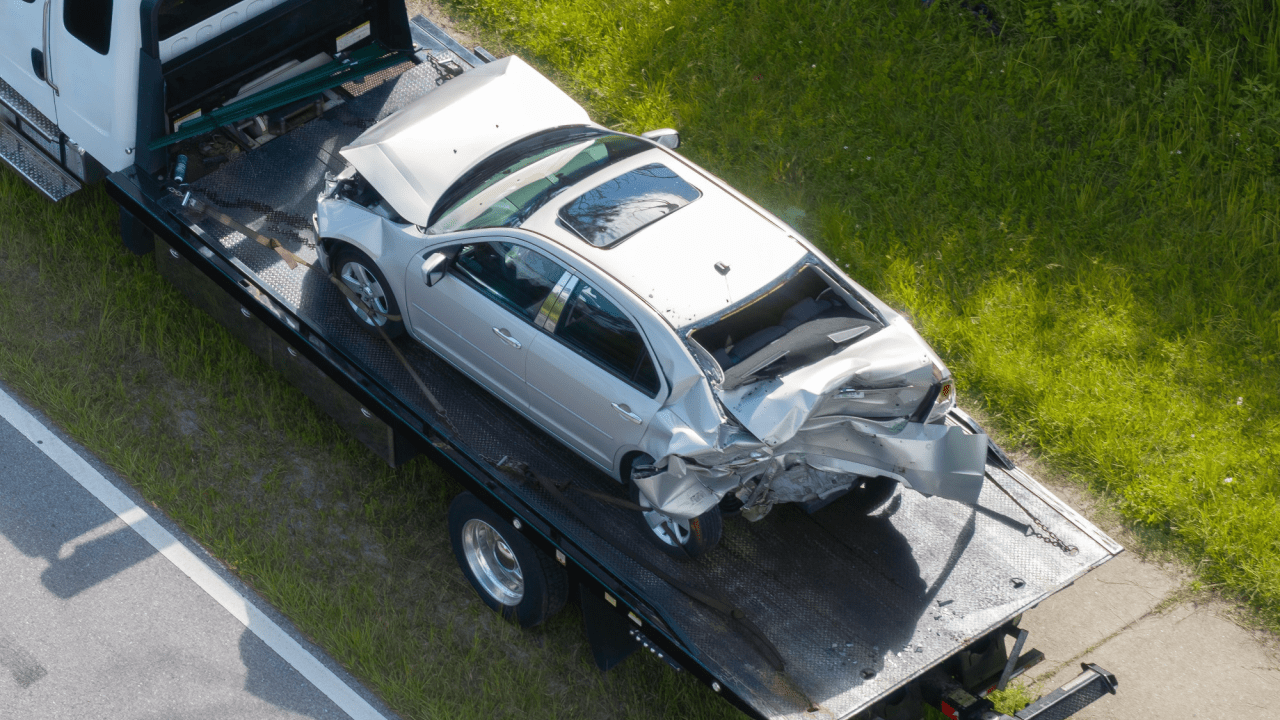
How to Sue Someone for Vehicle Damage | Your Complete Legal Guide
Legal Process Explained: How to Sue Someone for Vehicle Damage
Learning how to sue someone for vehicle damage may help you understand how to protect your rights and pursue potential compensation. Vehicle damage lawsuits require specific documentation, proper legal procedures, and understanding of state laws. This comprehensive guide walks you through each step of the legal process to help you recover damages effectively.
When another driver damages your vehicle, you have legal options beyond insurance claims. Understanding how to sue someone for vehicle damage provides legal information about seeking potential compensation when insurance settlements fall short or when dealing with uninsured motorists.
Evidence Collection Strategy: Building Your Vehicle Damage Case
Successfully pursuing legal action requires comprehensive evidence collection immediately after the incident. Document everything at the accident scene, including photographs of vehicle damage, road conditions, and traffic signs. The National Highway Traffic Safety Administration (NHTSA) provides detailed guidelines for accident documentation that courts recognize as standard practice.
Obtain a police report number and request copies once filed. Police reports may serve as important evidence in vehicle damage lawsuits, especially when fault determination is disputed. Medical documentation, even for minor injuries, may strengthen your case, depending on the circumstances.
Witness statements add credibility to your claim. Collect contact information from bystanders who observed the accident. Independent witnesses often provide objective accounts that support your version of events when learning how to sue someone for vehicle damage.
Court Filing Requirements: Starting Your Vehicle Damage Lawsuit
Filing a lawsuit for vehicle damage begins with determining the appropriate court jurisdiction. Small claims courts handle cases, depending on your state. Higher damage amounts require civil court proceedings with more complex procedures.
Research your state’s statute of limitations for vehicle damage claims through your state’s Department of Motor Vehicles website. Most states allow two to three years from the accident date to file suit, but timelines vary significantly.
Prepare your complaint document listing specific damages, including repair costs, rental car expenses, and diminished vehicle value. Professional vehicle appraisals provide concrete evidence of damage costs that courts require for monetary judgments.
Filing Fees and Court Costs
Court filing fees depends on jurisdiction and claim amount. Some courts offer fee waivers for low-income plaintiffs. Additional costs include service of process fees, which vary by jurisdiction.
Serving Legal Documents
Proper service of legal documents is mandatory for valid lawsuits. Use certified mail, sheriff’s department service, or professional process servers to deliver court papers to defendants. The Administrative Office of the U.S. Courts provides service requirements that ensure legal validity.
Settlement Negotiation: Resolving Vehicle Damage Claims
Many vehicle damage cases settle before trial through negotiation. Present your evidence package to the defendant’s insurance company or attorney, including repair estimates, rental receipts, and medical bills if applicable.
Calculate total damages including direct repair costs, diminished value, rental expenses, and lost wages. Professional mechanics can provide detailed repair estimates that insurance companies respect during settlement discussions.
Consider mediation services when direct negotiation stalls. Court-sponsored mediation programs offer neutral third-party assistance in reaching fair settlements without expensive trial proceedings.
Understanding how to sue someone for vehicle damage includes evaluating settlement offers and litigation considerations. Consider litigation costs and case factors when making decisions about how to proceed.
Final Verdict Summary: Your Vehicle Damage Legal Options
Knowing how to sue someone for vehicle damage protects your financial interests after accidents caused by negligent drivers. Proper evidence collection, timely court filing, and strategic negotiation are important considerations in vehicle damage cases.
Professional legal assistance from firms like Trucking Accident provide information about case considerations, especially for complex vehicle damage claims involving commercial vehicles or severe property damage.
Take Legal Action: How to Sue Someone for Vehicle Damage Today
Contact experienced vehicle damage attorneys at Trucking Accident for a free case evaluation and to learn about legal options and information regarding vehicle damage claims.
Frequently Asked Questions
1. How long do I have to sue someone for vehicle damage?
Most states provide two to three years from the accident date to file vehicle damage lawsuits, though specific timeframes vary by jurisdiction.
2. Can I sue for vehicle damage if I have insurance?
Yes, you can sue for vehicle damage even with insurance coverage, especially when insurance settlements don’t cover full damages or when dealing with uninsured drivers.
3. What evidence do I need to sue for vehicle damage?
Essential evidence includes police reports, photographs of damage, repair estimates, witness statements, and medical documentation if injuries occurred.
4. How much does it cost to sue someone for vehicle damage?
Court filing fees range from $30 to $400, plus service costs of $50 to $150. Attorney fees vary but many work on contingency for valid claims.
5. Should I accept an insurance settlement or sue for vehicle damage?
Compare settlement offers against total damages including repair costs, diminished value, and related expenses before deciding whether to pursue litigation.
Key Takeaways
- Document everything immediately after accidents to build strong evidence for vehicle damage lawsuits
- Research your state’s statute of limitations and court jurisdiction requirements before filing suit
- Calculate total damages including repair costs, rental expenses, and diminished vehicle value
- Consider settlement negotiation and mediation before proceeding to expensive trial proceedings
- Seek professional legal assistance for complex vehicle damage claims involving significant property damage



